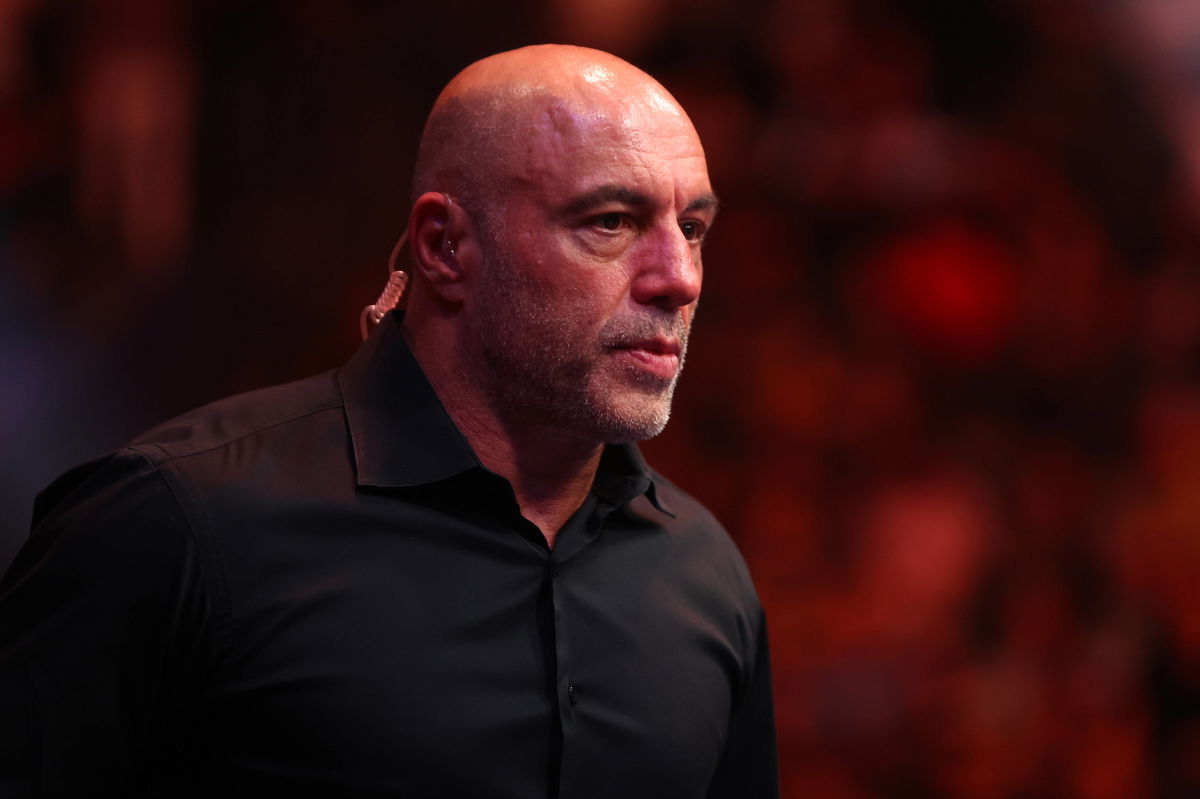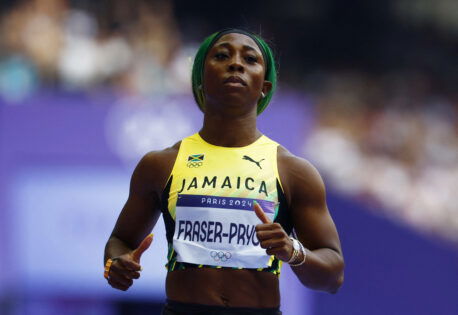Hollywood is changing—but not everyone is happy about where it’s going. On a recent episode of The Joe Rogan Experience, comic Tom Segura and Joe Rogan had a conversation that began with curiosity and finished with a sigh. With AI quickly becoming the backbone of budget film production, companies are producing material faster and cheaper than ever before. But something important appears to be seeping between the cracks.
The duo didn’t simply question the trend. They actively mourned what storytelling would lose in the age of synthetic cinema. Segura began the discussion on JRE #2320 by mentioning a studio, possibly in Texas, that wants to use AI to generate full-length, Hollywood-quality movies for as little as $500,000 per film. “Somebody sent me the link to this,” he said. “This company wants to… start making studio-quality movies for 500k… AI movies.” The concept is both fascinating and unsettling—interesting in terms of cost-effectiveness but troubling in terms of creative sacrifice.
As a result, Joe Rogan was as blunt as ever: “I bet they can make it for cheaper than that.” The conversation took a deeper turn when the JRE host highlighted how simple it had become to create a formulaic film using AI. “They’ll probably have AI write the script, man,” he claimed. “If you’re thinking about some, like, dumb— cop movie… some silly bank heist movie… all [AI] has to do is search through Steve McQueen movies and Tom Hardy movies, f—— Guy Ritchie movies. Put it together. Make me a movie.”
It’s a frightening level of efficiency, in which storytelling becomes an algorithmic remix of old hits. And that is exactly what has upset them. Segura said, “It bums me out, though. Like, I don’t want to watch that movie.” His statement was more than just an opinion; it reflected the silent concern of many artists who believe we’re selling the soul for speed. The UFC commentator agreed and said, “It should.”
Despite the technology’s growing supremacy, both comedians voiced a desire for the human element, which AI, no matter how powerful, cannot replicate. And this concern is not unwarranted. AI-powered studios, such as Staircase Studios AI, are already planning to make over 30 films in the coming years, using proprietary tools to reduce costs and improve production. The industry is only expanding—market predictions indicate that the generative AI movie sector will increase from $0.32 billion in 2024 to over $1 billion by 2029.
However, the number does not guarantee quality. Critics warn that AI-driven storytelling frequently lacks emotional depth, a distinct voice, and nuanced characters. It’s all code—no chaos, no heart. However, it is worth noting that while AI is apparently ruining the story of the films, according to Joe Rogan, there was an era where it was the acting that was abysmal.
Joe Rogan speaks against Hollywood’s lack of acting skills
Even before artificial intelligence became the latest scapegoat for Hollywood’s creative demise, Joe Rogan had long expressed dissatisfaction with another dying art: acting itself. Long before the bots attacked the scripts, the JRE host believed the problem began with the people who read them. Before the topic of AI came up on his podcast, Joe Rogan and comedian Greg Fitzsimmons strolled down memory lane to examine what true acting used to look like. In that nostalgic dive, one name came up repeatedly: Marlon Brando.
For Rogan, Brando was more than just a movie star. He was something completely different—an anomaly. “That guy was out of his mind,” Rogan said, both amused and amazed. “But that’s probably why he was so good.” He wasn’t enjoying the madness; he was enjoying the results—performances that didn’t look like they were being performed.
When the UFC commentator discussed ‘A Streetcar Named Desire,’ he spoke as if he had just found a hidden truth, rather than as a critic or film buff. “Nobody acted like that back then,” he noted, underlining Brando’s natural rhythm on film, which defied every rule of the time. It wasn’t stylized. It was felt by folks!
That emotional weight did not appear out of thin air. Fitzsimmons attributed it back to Brando’s beginnings in the Actors Studio and the Stanislavski method, in which dialogue served as a vehicle rather than the engine. “It was about finding emotional truth,” Fitzsimmons stated. And that’s where Rogan distinguished Brando from everyone else. “They talked so weird back then… it was fake,” he stated.
Brando, on the other hand, performed as if he were not acting at all. He just was. And that, according to Joe Rogan, was the gold standard—something current Hollywood all too often forgets in favor of spectacle over substance. What do you think? Do you agree with his opinion? Let us know in the comments.
The post Threatening Creativity, Joe Rogan Bummed Out Over $500K AI Movies appeared first on EssentiallySports.



